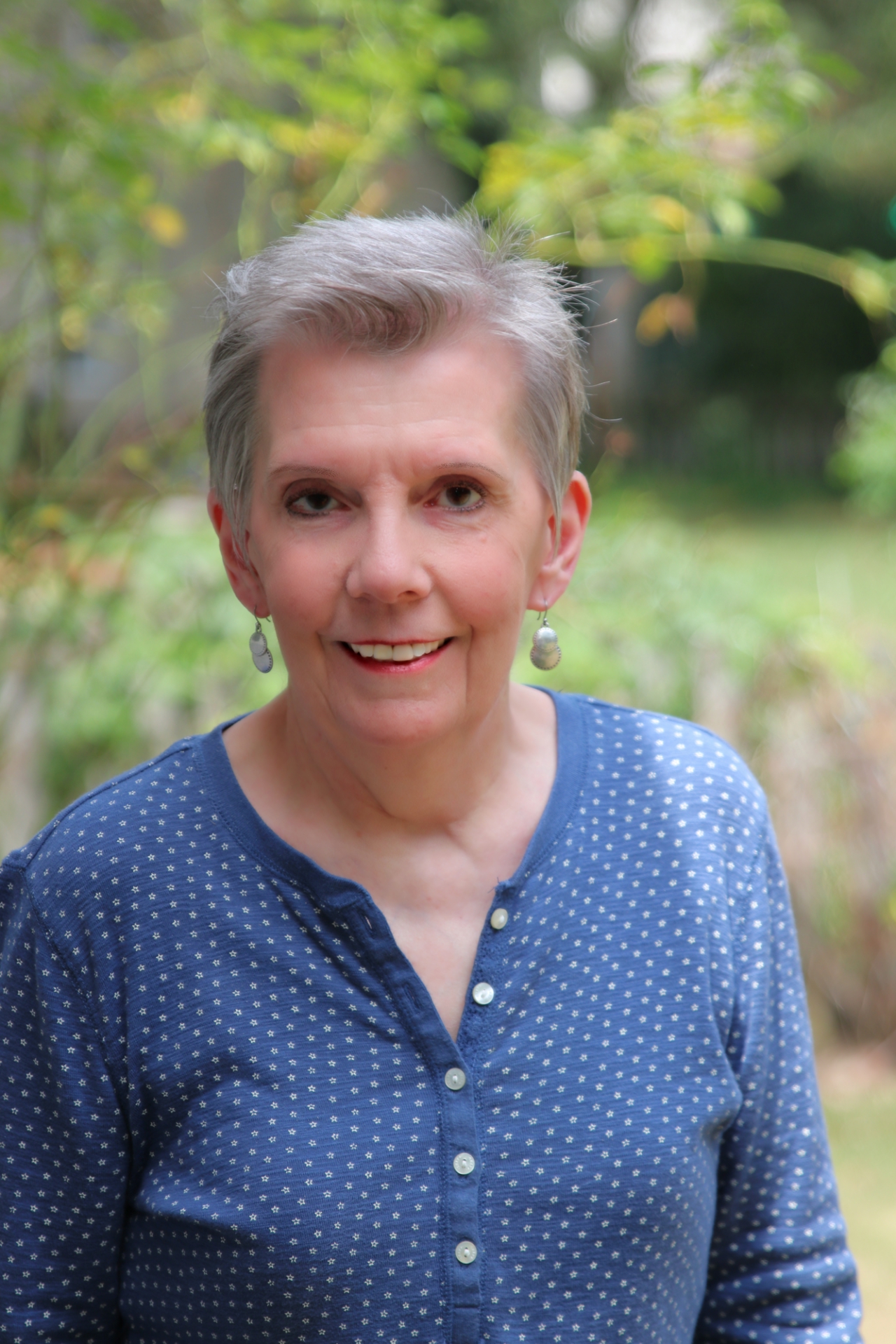From time to time people ask me writer-type questions. These range from the general “What do you do all those hours in front of that screen?” to “Why did you decide on a novel?” Or, “Seems like you’ve been at this forever—how long does it take?”
“Why did you decide on a novel for your latest work?”
Answer—it felt right in my head and heart. Interestingly enough, the book didn’t start out that way.
I was halfway through a non-fiction version of the subject matter when I realized one day during a few minutes of quiet time that I needed to start over. And that’s when things started to happen fast. My imagination was flooded with visuals of people, phrases of dialogue, and intriguing locales. A writer’s dream, I could hardly type fast enough to keep up with the story that unfolded on the blank screen.
Back in the day I’ve written copy for commercials and done voiceovers, composed dozens of organizational newsletters, spent a big chunk of time as a grant writer, and also wrote plays. With four novels in various stages of completion in the file drawers, this one drew me in and kept me there for the duration.
For me there’s something life-giving and compelling about being immersed in the complex world of a novel. If successful, the process is not only satisfying for the writer, but, when done well, can result in a story that carries the reader into a whole new world of people and experiences. Books did that for me as kid. Still do.
“What is it you do all those hours in front of that screen?”
A. Lot. Of. Typing. Write a word, sentence, or paragraph, sometimes a page, then delete the whole thing and start over. Or, it may be a day of cut and paste—put this here, take that out, insert over here. Thank heavens for word processing programs.
That explanation often prompts a raised eyebrow followed by “Oh, wow that sounds like fun.”
For me it is fun, most of the time. Which is why it is so important to know who God has created you to be and what He has called you to do. Some days are tough, especially when it seems all I do is stare at the relentless blinking cursor, clueless as to what happens next as one more character seems bent on making life miserable for my already suffering protagonist. Fact is, though, I’m rarely bored.
“You’ve been at this forever—how long does it take anyway?”
Many published authors will tell you the work it takes to get the full story on paper the first time is the easiest part of the process. I tend to agree.
I wouldn’t want to discourage anyone from writing in any form, yet as shiny as you might think your masterpiece to be, the key to making it truly sparkle is revision, revision, revision. And yes, even that part of the process is fun because now that you have a beginning, middle, and end, you can make every word, character, and scene sing. Confusing sub-plots? Out. A couple of interesting characters who wandered in from who knows where for heavens only knows what reason? Out. [Then there’s the additional rounds of edits once you have a publisher.]
For the work and challenges involved, there can be especially meaningful moments of encouragement—like when a kind author/editor/writing instructor volunteered of her time to read some of my work and provide immensely helpful feedback.
When it’s all said done, however, like real world parents there comes the day when you have to be brave and send your creation into the world. And then, rather than stare anxiously at your email inbox, get busy on another project.
Write on.







